Advertisement
The Brain Diet Essential Foods for Optimal Mental Health
Advertisement
Energize your brain with the right foods! Discover the top picks for enhancing memory, focus, and overall cognitive function. Our guide on Foods to Include in Your Diet for Better Brain Health unveils nutrient-rich choices packed with antioxidants, healthy fats, and essential vitamins. From omega-3-filled fatty fish to antioxidant-rich berries, these foods are scientifically proven to boost brainpower. Perfect for students, professionals, and anyone looking to sharpen their mind, our list is your key to a healthier, more alert brain. Start fueling your mental wellness today!
Fatty Fish
Fatty fish like salmon, trout, and sardines are rich in omega-3 fatty acids, crucial for brain health. Omega-3s help build membranes around each cell in the body, including brain cells, thereby improving the structure of neurons. Regular consumption of these fish increases the flow of blood in the brain, enhances cognitive function, and reduces the risk of Alzheimer's disease. Including fatty fish in your diet a few times a week can boost brain health.
Advertisement
Blueberries
Blueberries are superfoods for the brain. They are packed with antioxidants, including flavonoids, which reduce inflammation and oxidative stress. These antioxidants accumulate in the brain and help improve communication between brain cells. Studies have shown that blueberries can delay brain aging and improve memory. Regular consumption of blueberries can be beneficial in enhancing cognitive skills and neuroplasticity.
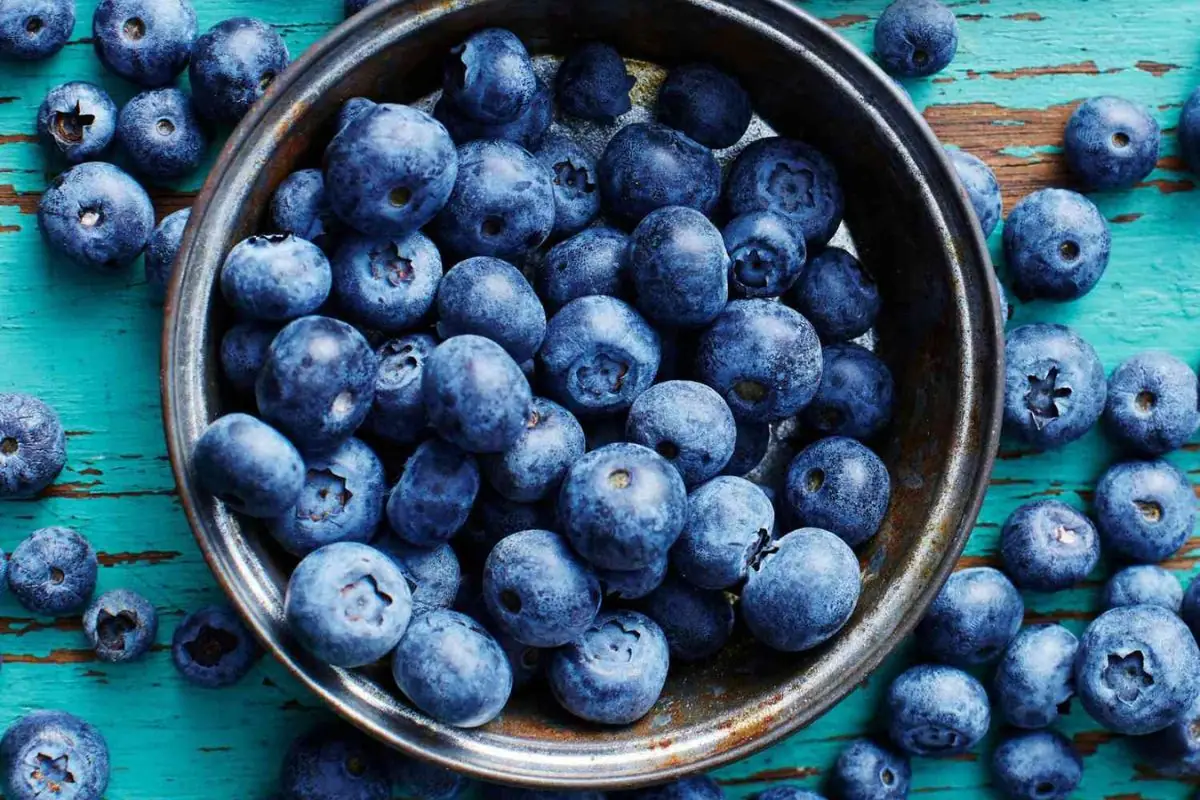
Advertisement
Turmeric
Turmeric, a key ingredient in curry powder, has numerous brain benefits. Its active ingredient, curcumin, can cross the blood-brain barrier, directly entering the brain and benefiting the cells there. It's a potent antioxidant and anti-inflammatory compound that has been linked to the following brain benefits: it can improve memory in Alzheimer's patients, ease depression by boosting serotonin and dopamine, and help new brain cells grow through its neurotrophic effects.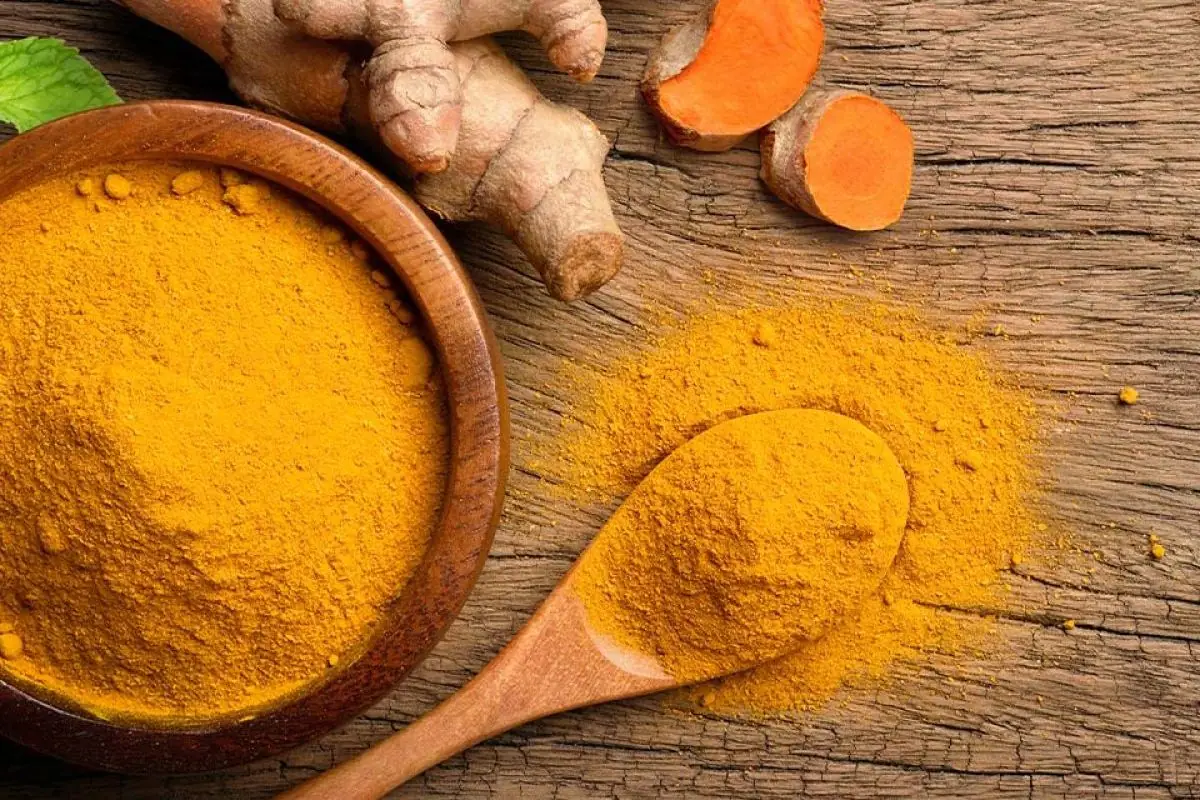
Advertisement
Broccoli
Broccoli is high in antioxidants and vitamin K, which is known to enhance cognitive function and brainpower. Vitamin K is essential in forming sphingolipids, a type of fat that's densely packed into brain cells. Studies have shown that higher vitamin K intake is linked to better memory. Besides, broccoli offers a variety of antioxidants and anti-inflammatory compounds, making it a top choice for brain health.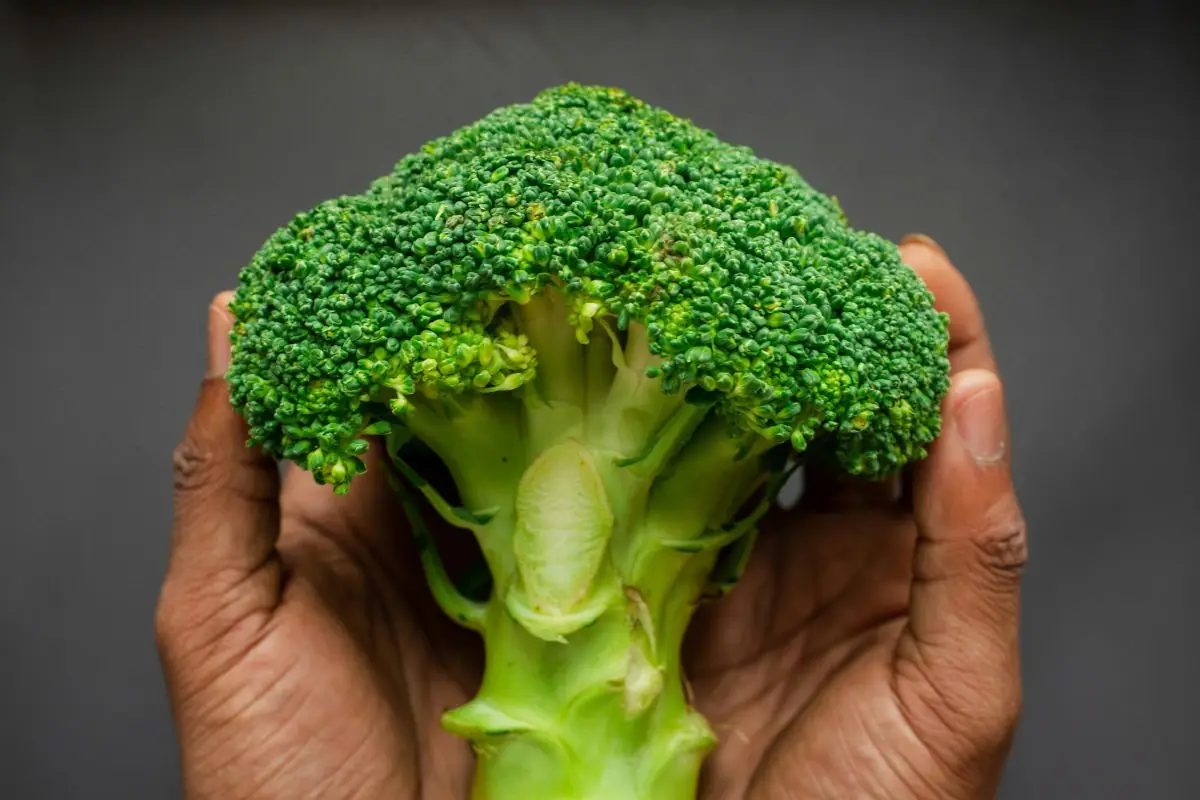
Advertisement
Pumpkin Seeds
Pumpkin seeds are a rich source of antioxidants and a variety of essential nutrients for brain health, including magnesium, iron, zinc, and copper. Magnesium is crucial for learning and memory, iron supplies oxygen to the brain, zinc is vital for nerve signaling, and copper controls nerve signals. The deficiency of any of these nutrients can lead to a higher risk of neurological diseases, such as Alzheimer's and depression.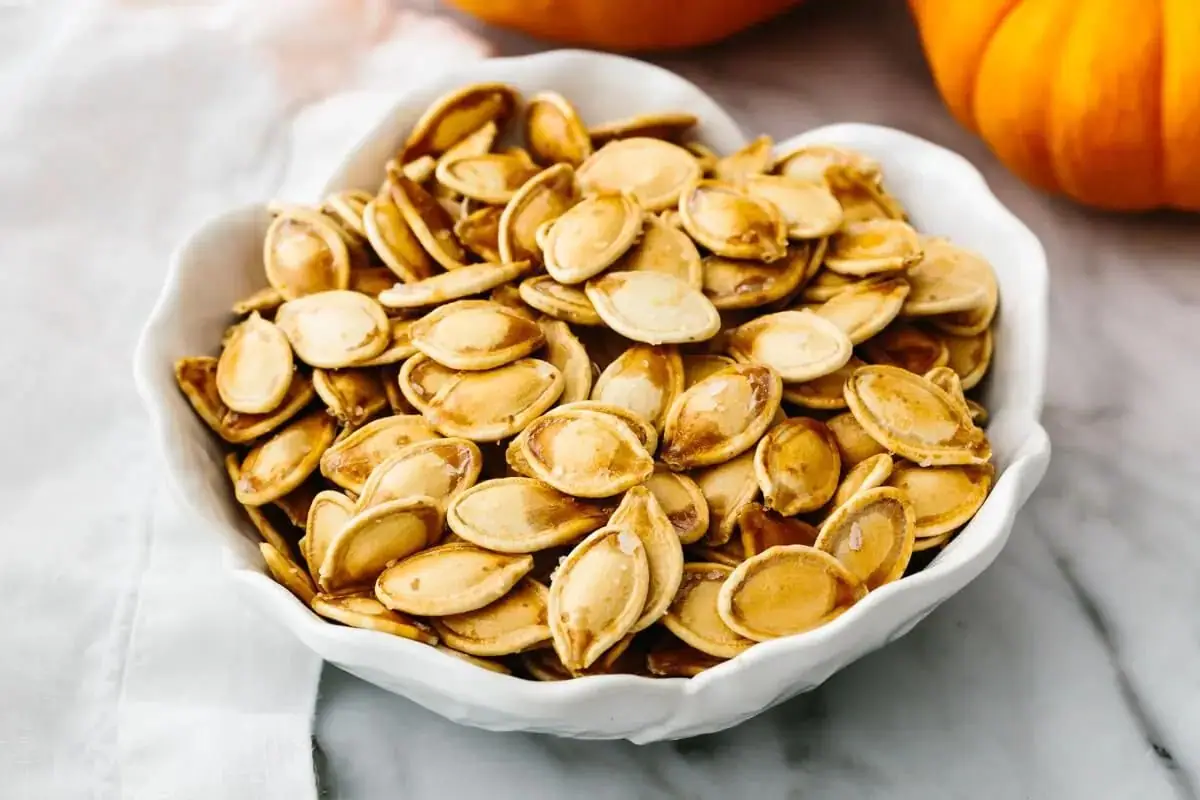
Advertisement
Dark Chocolate
Dark chocolate and cocoa powder are packed with a few brain-boosting compounds, including flavonoids, caffeine, and antioxidants. Flavonoids are a group of antioxidant plant compounds. The flavonoids in chocolate gather in areas of the brain that deal with learning and memory. Researchers say these compounds may enhance memory and also help slow down age-related mental decline. Chocolate is also a legitimate mood booster, according to research.
Advertisement
Nuts
Nuts, especially walnuts, are excellent for the brain. They are high in DHA, a type of Omega-3 fatty acid, which improves cognitive performance in adults and prevents age-related cognitive decline. Nuts also contain other brain-boosting nutrients, including healthy fats, antioxidants, and vitamin E. Vitamin E shields cell membranes from free radical damage, helping slow mental decline.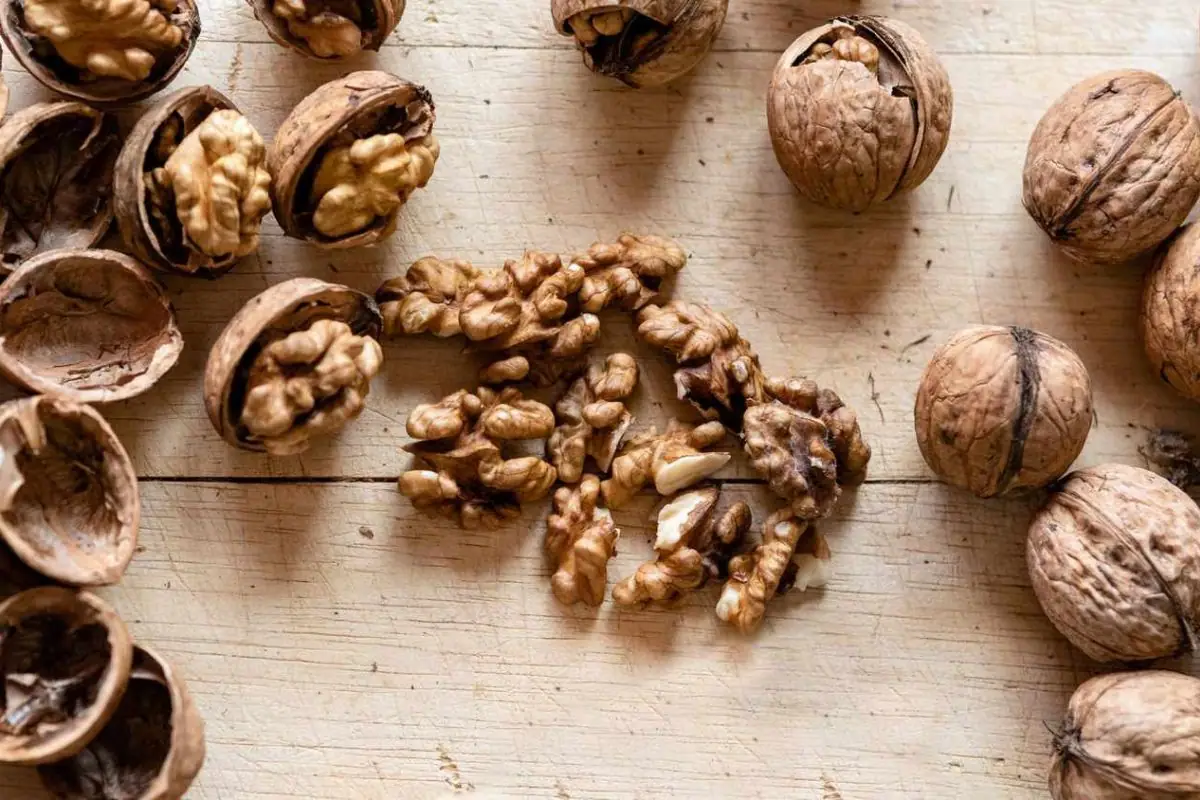
Advertisement
Oranges
Oranges are a great source of vitamin C, essential for preventing mental decline. Vitamin C is a powerful antioxidant that helps fight off the free radicals that can damage brain cells. Moreover, vitamin C supports brain health as you age and is essential for preventing mental decline and Alzheimer's disease. Eating sufficient amounts of vitamin C-rich foods can protect against age-related mental decline and Alzheimer's disease.

Advertisement
Eggs
Eggs are a rich source of several nutrients tied to brain health, including vitamins B6 and B12, folate, and choline. Choline is particularly important for brain health as it's used to make acetylcholine, a neurotransmitter that helps regulate mood and memory. Two studies found that higher intakes of choline were linked to better memory and mental function. Furthermore, the B vitamins have several roles in brain health, reducing inflammation and oxidative stress.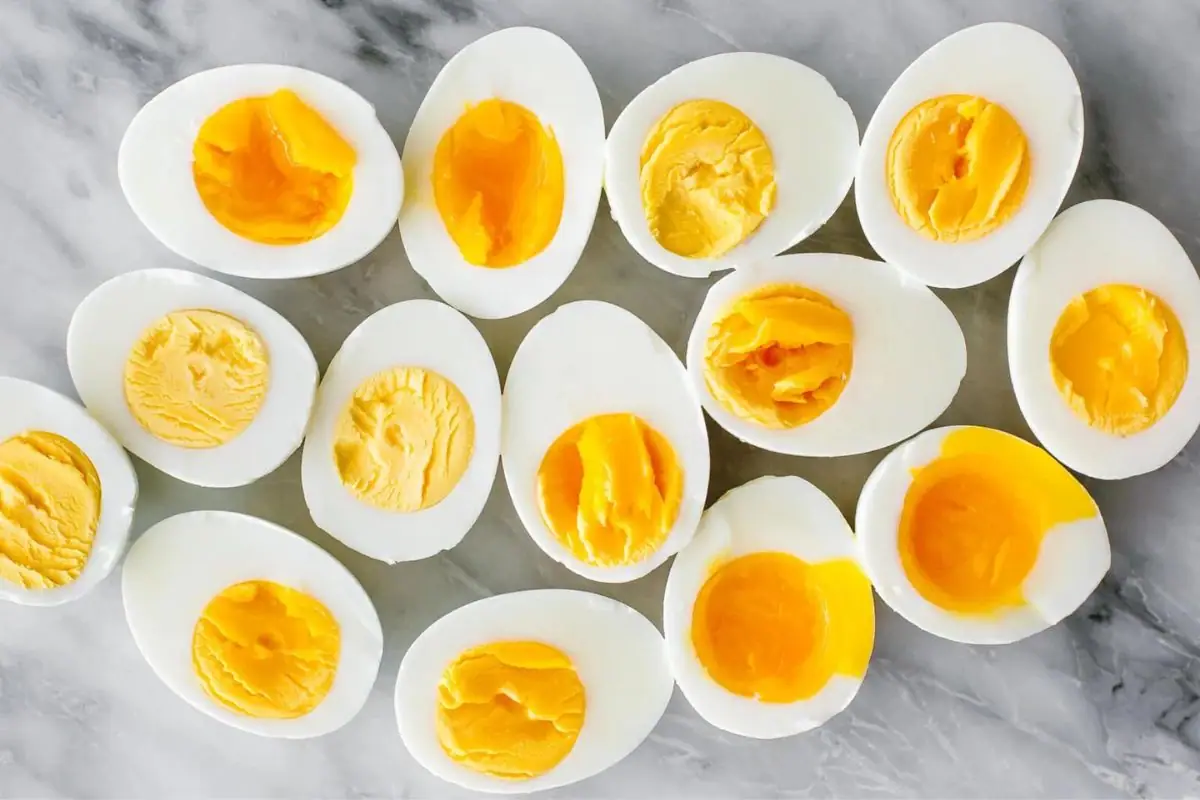
Advertisement
Green Tea
Green tea, as a drink, improves alertness, performance, memory, and focus. It's not just caffeine, but also the amino acid L-theanine that's thought to improve brain function. L-theanine increases the activity of the neurotransmitter GABA, which helps reduce anxiety and makes you feel more relaxed but alert. Furthermore, it contains polyphenols and antioxidants that protect the brain from mental decline and reduce the risk of Alzheimer's and Parkinson's.
Advertisement
Coffee
Coffee is a well-known concentration aid — many drink it to stay awake and encourage focus. The caffeine in coffee blocks adenosine, a neurotransmitter that makes you sleepy, thereby increasing alertness. Coffee is also a rich source of antioxidants. Some studies have even found that coffee consumption is linked to a reduced risk of neurological diseases, such as Parkinson's and Alzheimer's.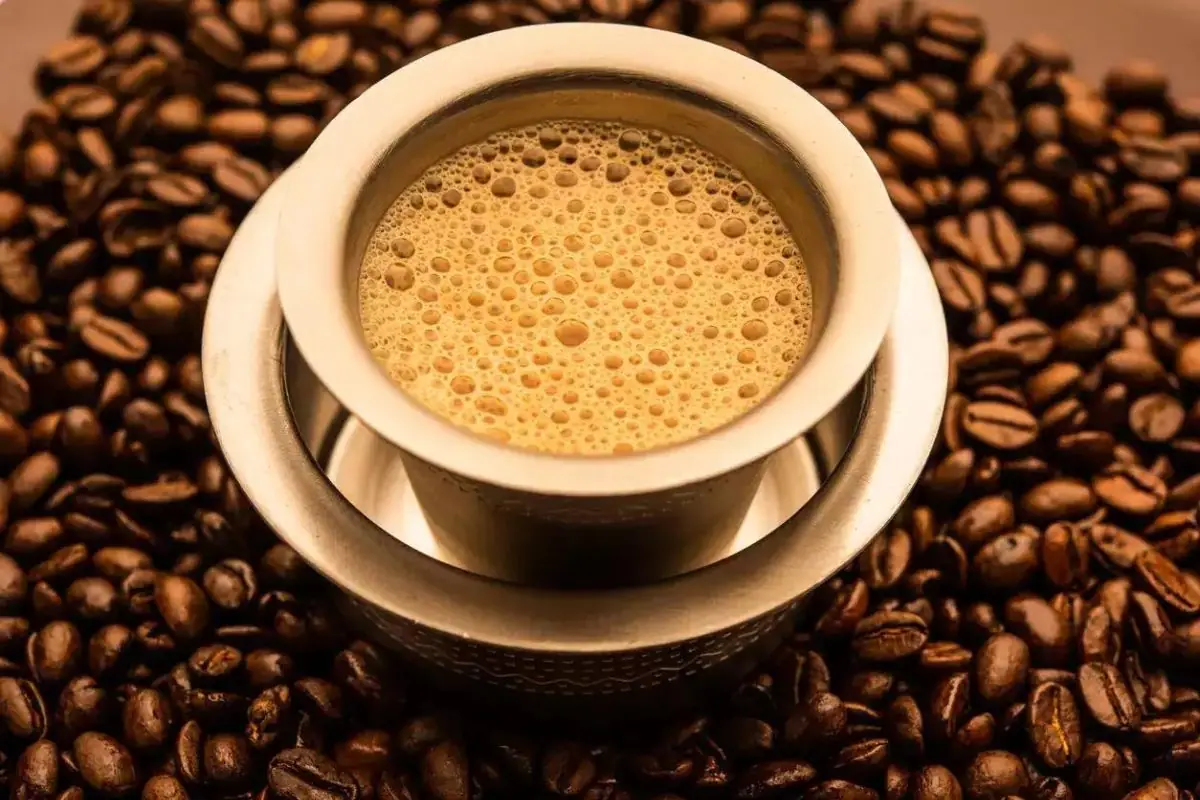
Advertisement
Avocados
Avocados are a source of healthy unsaturated fat, and they can support brain health. The healthy fats contribute to reducing blood pressure, and since hypertension is a risk factor for the decline in cognitive abilities, avocados are beneficial in this aspect. They are also rich in vitamin K and folate, which help prevent blood clots in the brain and improve cognitive function, particularly memory and concentration.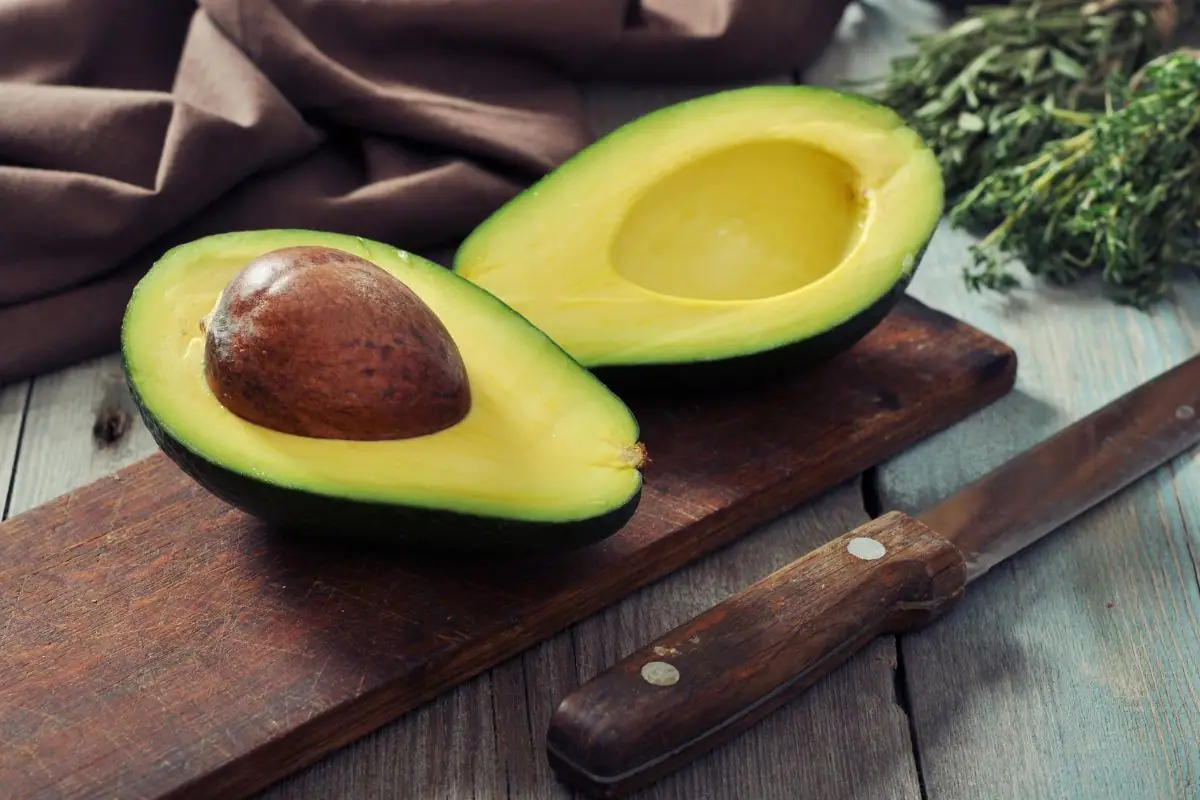
Advertisement
Peanuts
Peanuts are a legume with an excellent nutritional profile. They contain plenty of unsaturated fats and protein to keep energy levels up throughout the day. Peanuts also provide key vitamins and minerals to keep the brain healthy, including high levels of vitamin E and resveratrol. Resveratrol is a natural non-flavonoid antioxidant found in peanuts, mulberries, and rhubarb. Evidence suggests that resveratrol can have protective effects against cancers, heart disease, and Alzheimer's disease.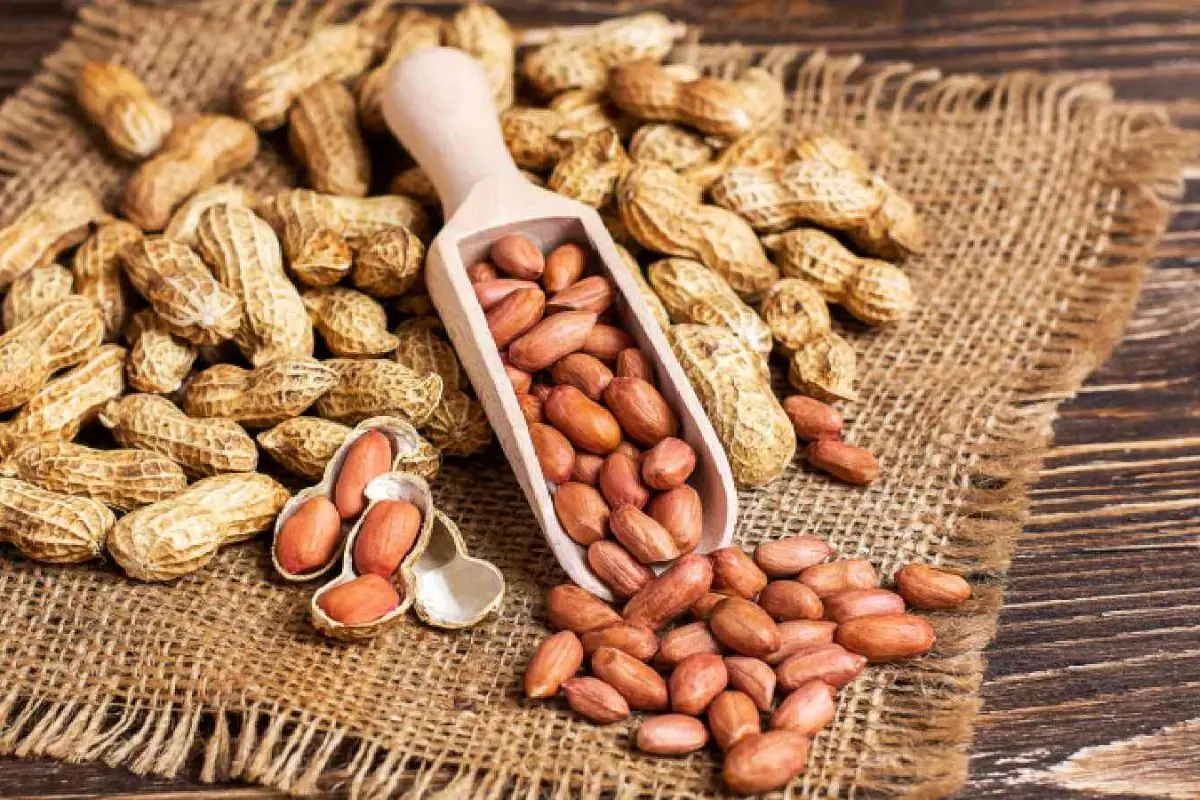
Advertisement
Whole Grains
Whole grains, such as brown rice, barley, bulgur wheat, and oatmeal, are rich in fiber, which helps regulate the release of glucose into the bloodstream. This steady glucose supply is essential for optimal brain function, as the brain uses about 20% of the body's carbohydrates. Whole grains also contain B vitamins, which play a role in brain health by reducing inflammation and oxidative stress. These vitamins are crucial for brain function and help in the synthesis of neurotransmitters. Regular consumption of whole grains can improve concentration and focus, making them an essential part of a brain-healthy diet.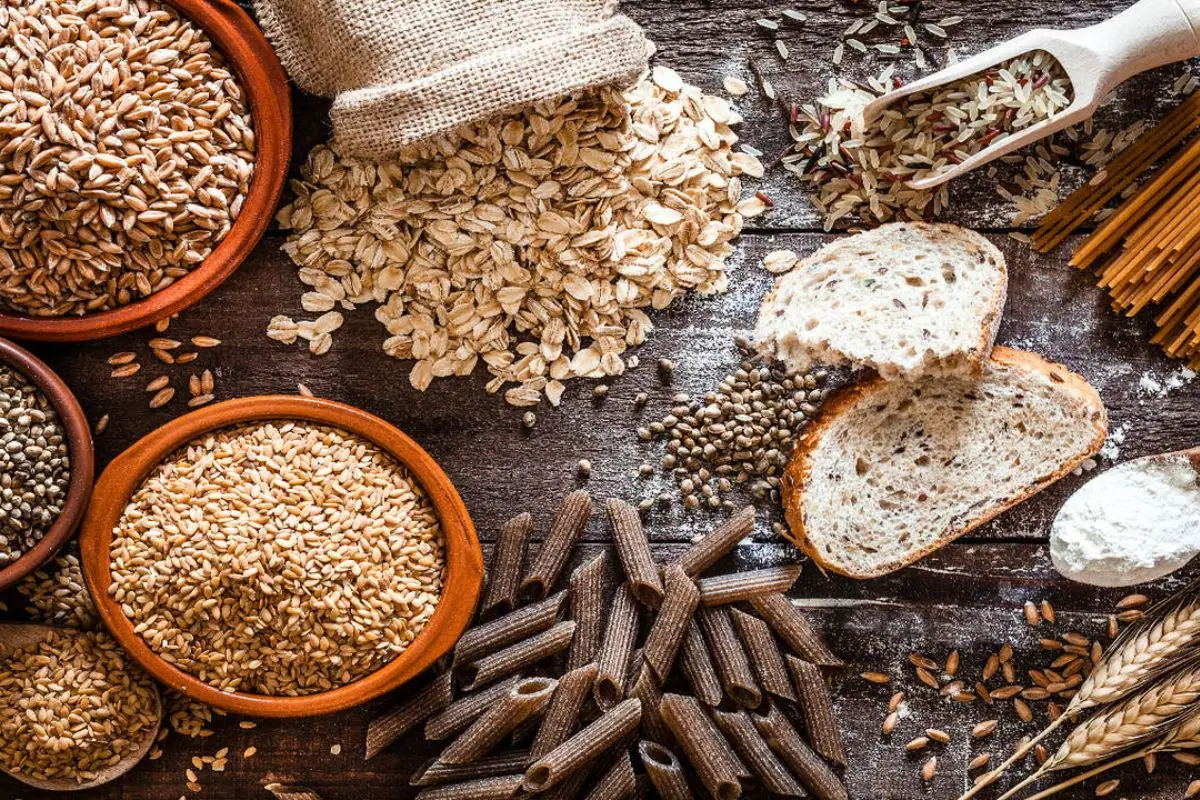
Advertisement
Tomatoes
Tomatoes are a valuable source of lycopene, a powerful antioxidant known to protect brain cells from damage. This antioxidant is particularly effective in guarding against free radical damage to cells, a process that occurs in the development of dementia, particularly Alzheimer's. Regular consumption of tomatoes can help maintain cognitive function and reduce the risk of neurodegenerative diseases. Additionally, tomatoes contribute to overall brain health by supporting blood vessel health and reducing inflammation.

Advertisement
Soy Products
Soy products, such as tofu and soy milk, are rich in polyphenols. These compounds are linked to a reduced risk of dementia and improved cognitive abilities in older adults. Polyphenols help in maintaining brain health by combating oxidative stress and inflammation, two major contributors to cognitive decline. Soy is also a great source of essential fatty acids, proteins, and lecithin, which support overall brain function and maintenance.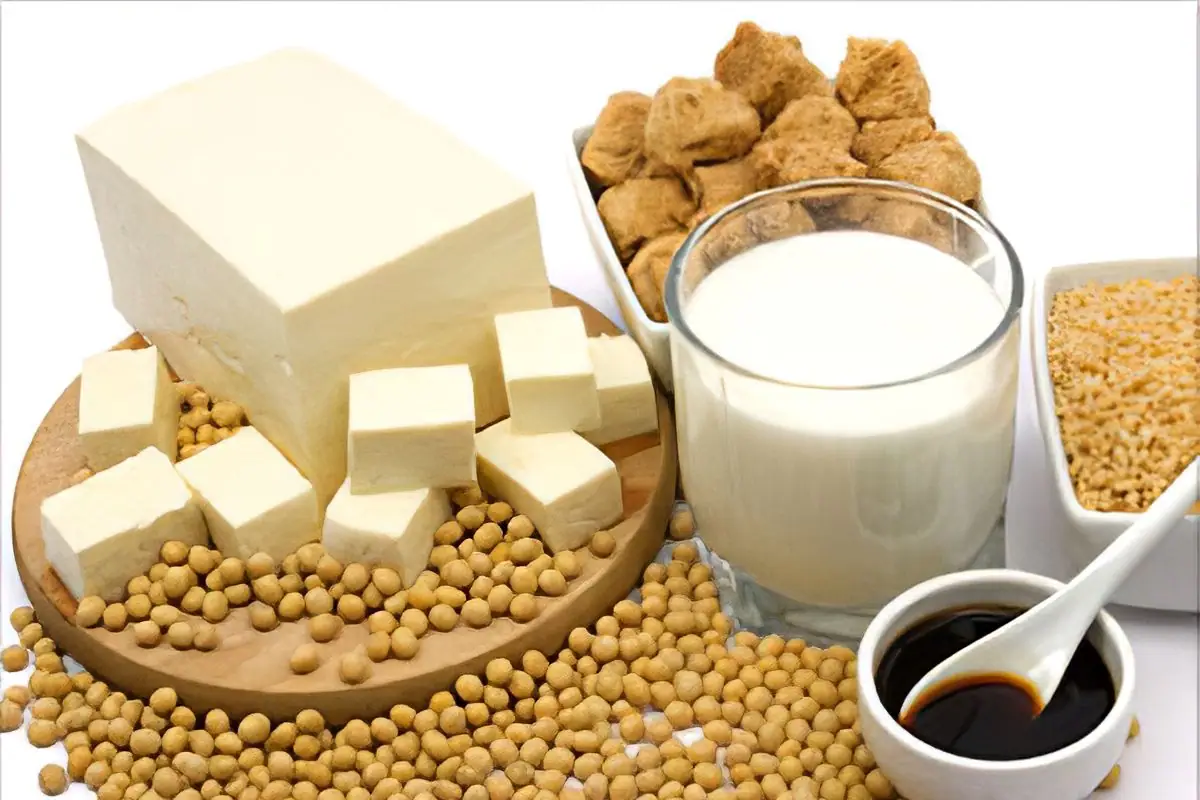
Advertisement
Pomegranate
Pomegranates are packed with antioxidants that help protect the brain from the damage caused by free radicals. These antioxidants can enhance memory and prevent damage that can lead to cognitive decline and diseases like Alzheimer's. Drinking pomegranate juice has been found to improve memory function in older adults, and its high concentration of antioxidants can reduce the risk of neurodegenerative diseases. Including pomegranate in your diet can be a delicious way to boost brain health.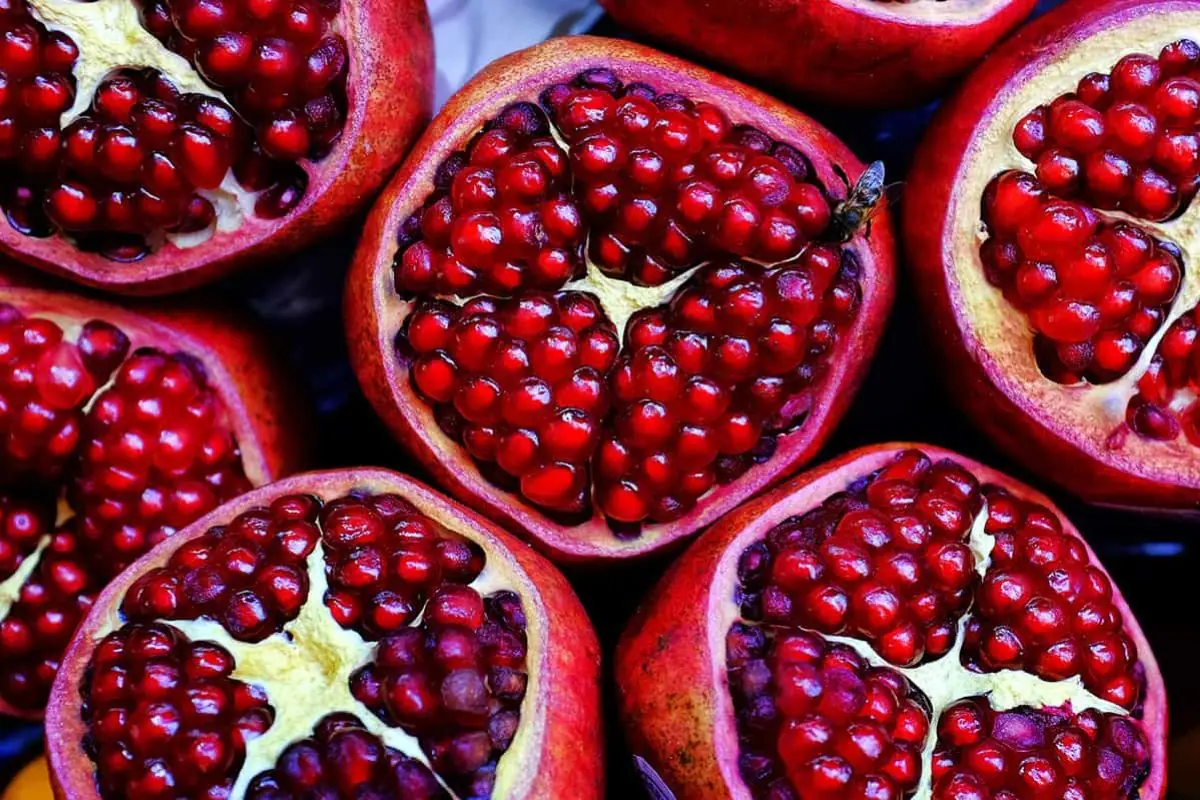
Advertisement
Leafy Greens
Leafy greens such as kale, spinach, collards, and broccoli are rich in nutrients like vitamin K, lutein, folate, and beta carotene. These nutrients are essential for brain health, as they help slow cognitive decline. Vitamin K, for instance, is vital for forming sphingolipids, a crucial fat that's densely packed into brain cells. Lutein has been shown to preserve cognitive abilities, while folate and beta carotene help lower the risk of mental decline.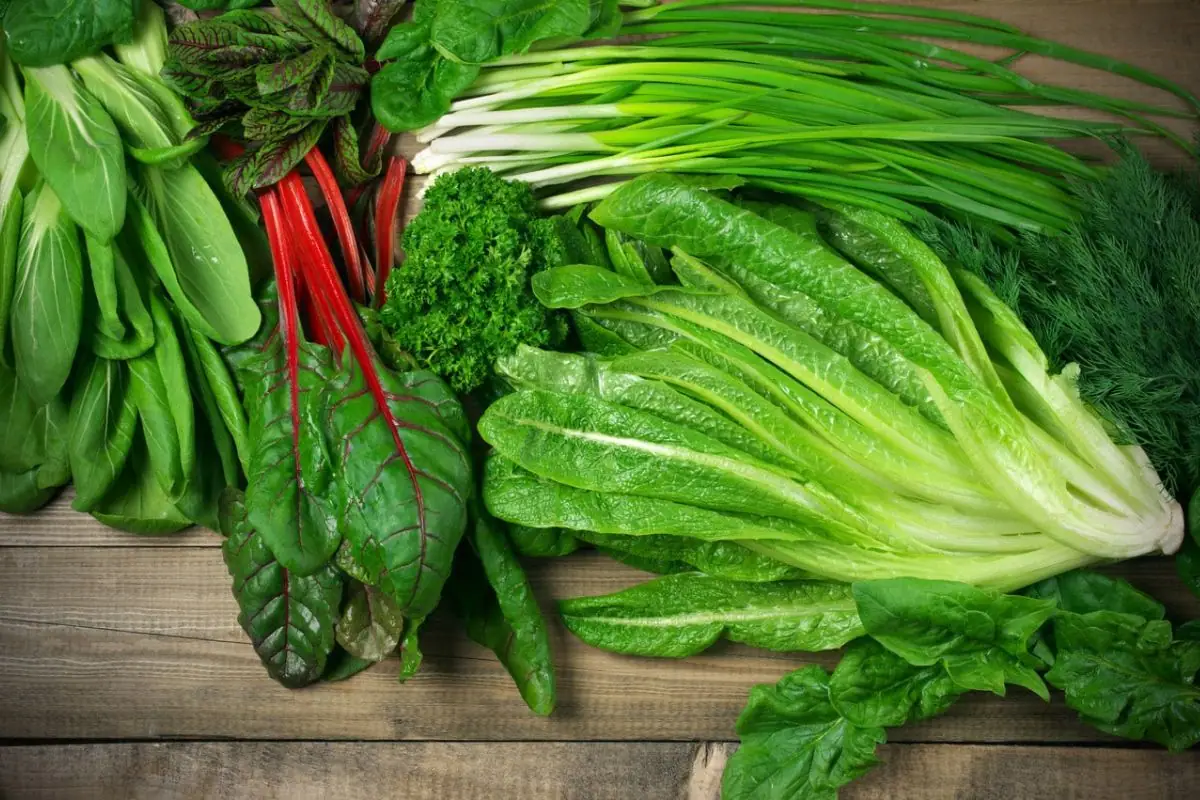
Advertisement
Beets
Beets are beneficial for brain health due to their high concentration of nitrates, which are converted into nitric oxide in the body. This helps increase blood flow to the brain, enhancing mental performance. Beets also have anti-inflammatory properties and are rich in antioxidants, which help reduce inflammation and oxidative stress in the brain. Regular consumption of beets can aid in cognitive functioning and is beneficial for overall brain health.
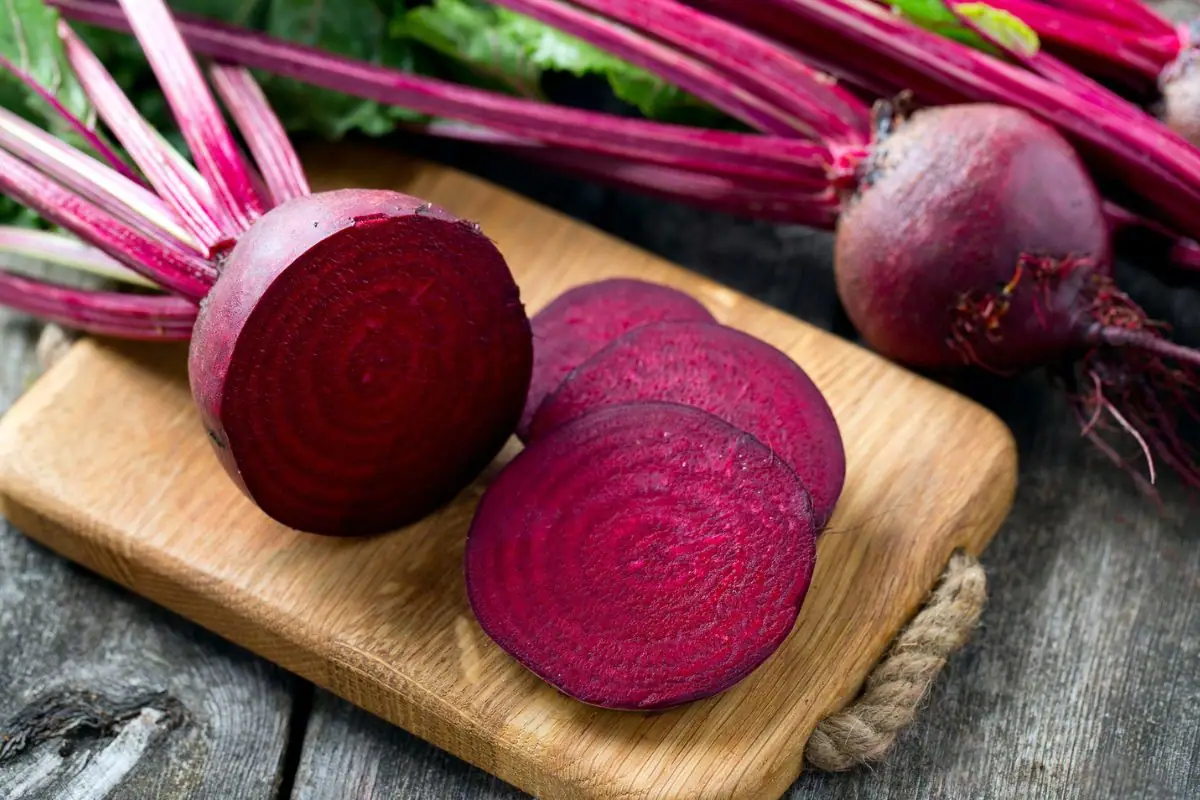
Advertisement
Celery
Celery is not only low in calories but also rich in antioxidants like flavonoids. These antioxidants are known to support brain health by reducing inflammation and oxidative stress, which can lead to cognitive impairment. Celery also contains luteolin, a compound that can calm inflammation in the brain, which is a primary cause of neurodegeneration. Including celery in your diet can contribute to overall brain health and prevent neurodegenerative diseases.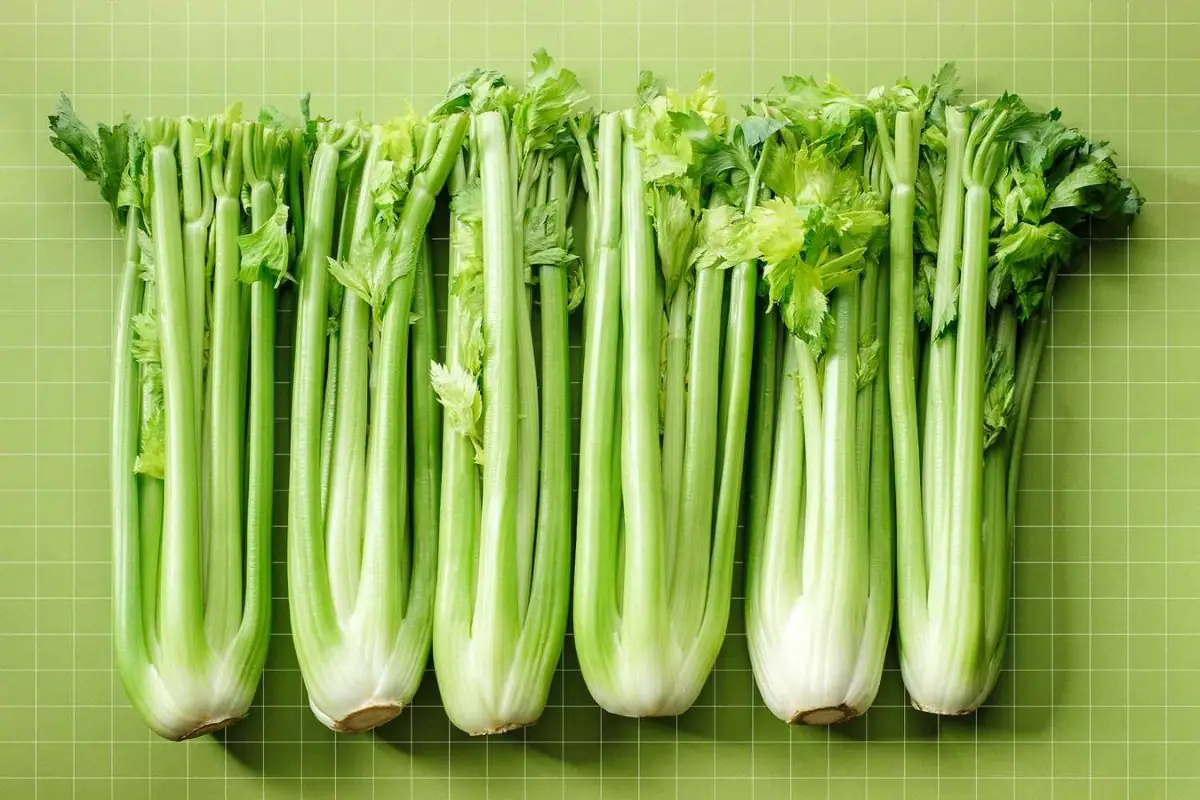
Advertisement
Olive Oil
Extra virgin olive oil is a key component of the Mediterranean diet and is rich in polyphenols, which are powerful brain-protective antioxidants. These polyphenols can help reverse learning and memory deficits, and they play a significant role in reducing the risk of Alzheimer's and Parkinson's diseases. Regular consumption of olive oil has been associated with improved cognitive functions and a lower risk of cognitive decline.
Advertisement
Coconut Oil
Coconut oil contains medium-chain triglycerides (MCTs), which are metabolized into ketones by the liver. Ketones provide an alternative energy source for brain cells that have lost their ability to use glucose as a result of Alzheimer's disease. This alternative energy source can help repair brain function. Coconut oil also has anti-inflammatory and antioxidant properties, making it beneficial for overall brain health.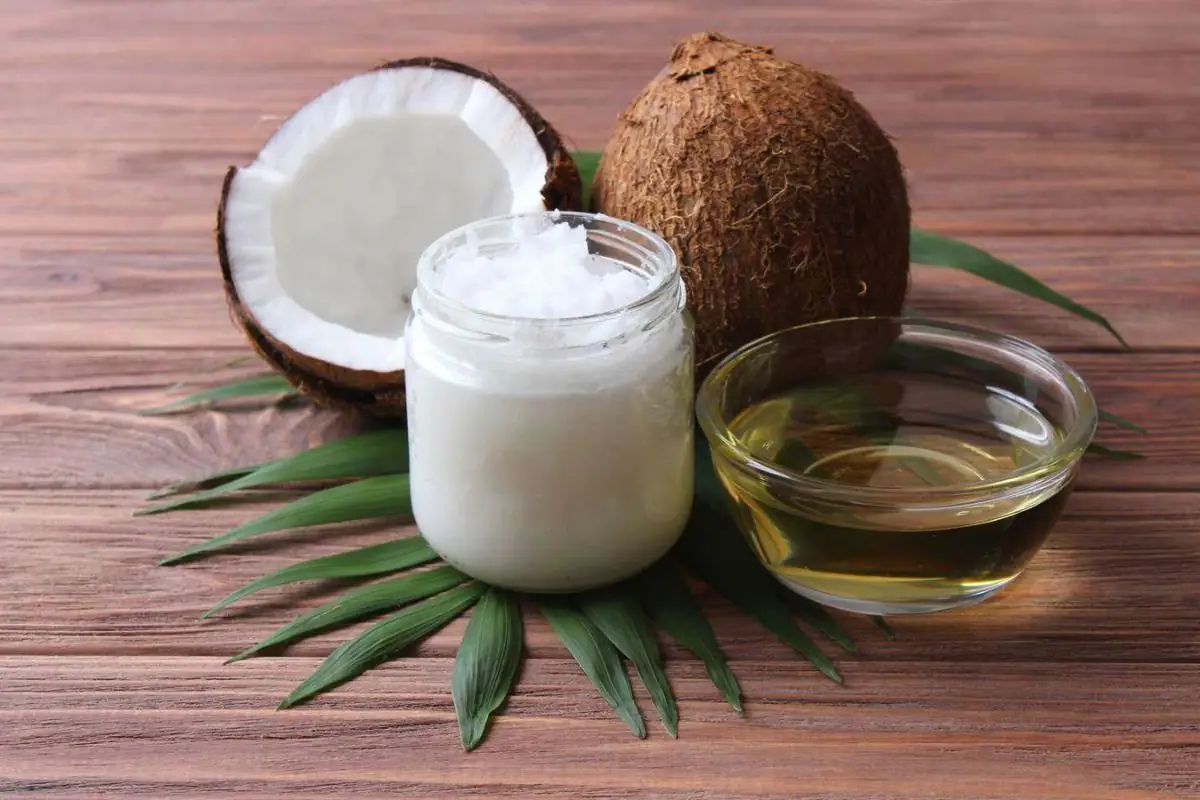
Advertisement
Seeds
Seeds like sunflower seeds, chia seeds, and flaxseeds are excellent sources of omega-3 fatty acids and antioxidants, which are vital for brain health. These seeds are also rich in magnesium, zinc, and selenium, nutrients that play crucial roles in enhancing memory and preventing cognitive decline. Regular consumption of these seeds can contribute to improved brain function and protection against age-related brain diseases.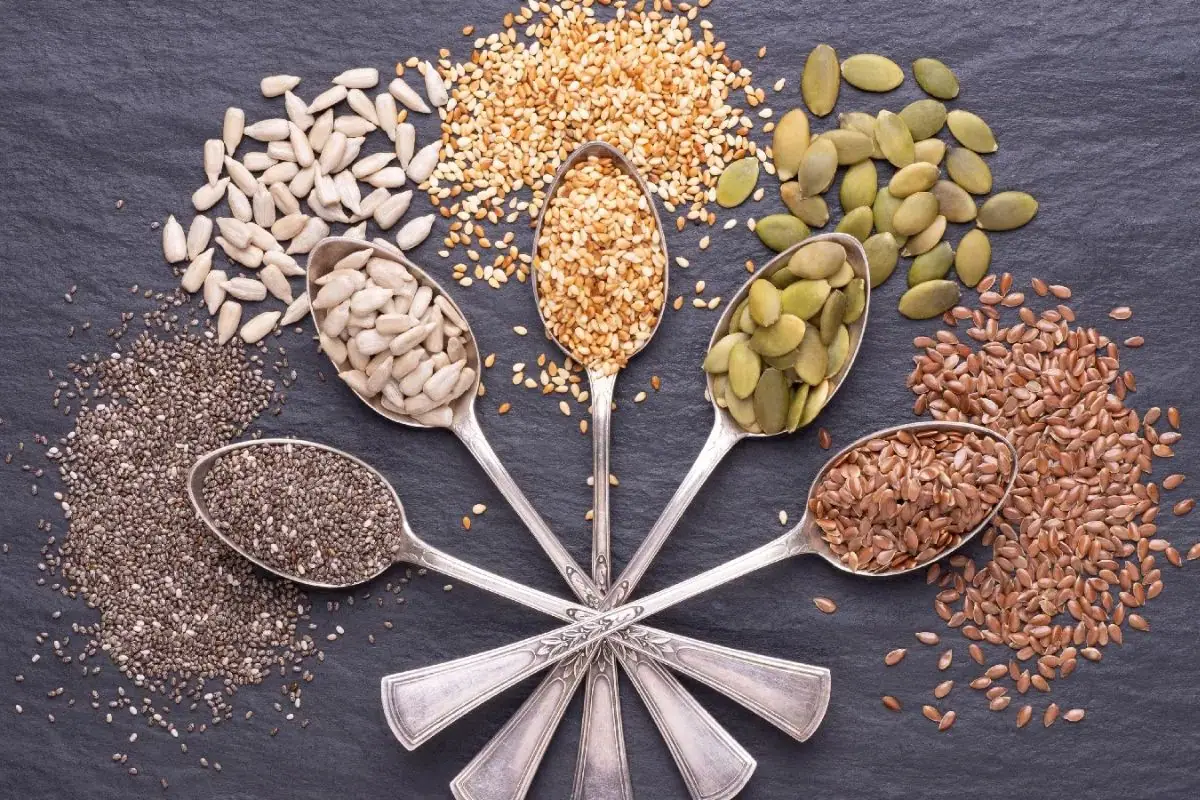
Advertisement
Yogurt
Yogurt is rich in probiotics, which are beneficial for gut health. The gut-brain axis is crucial for maintaining general brain health. Probiotics in yogurt can help reduce stress, anxiety, and depression, and improve memory and cognitive function. Yogurt also contains essential nutrients like B vitamins, particularly B12, which help maintain brain health and prevent brain shrinkage.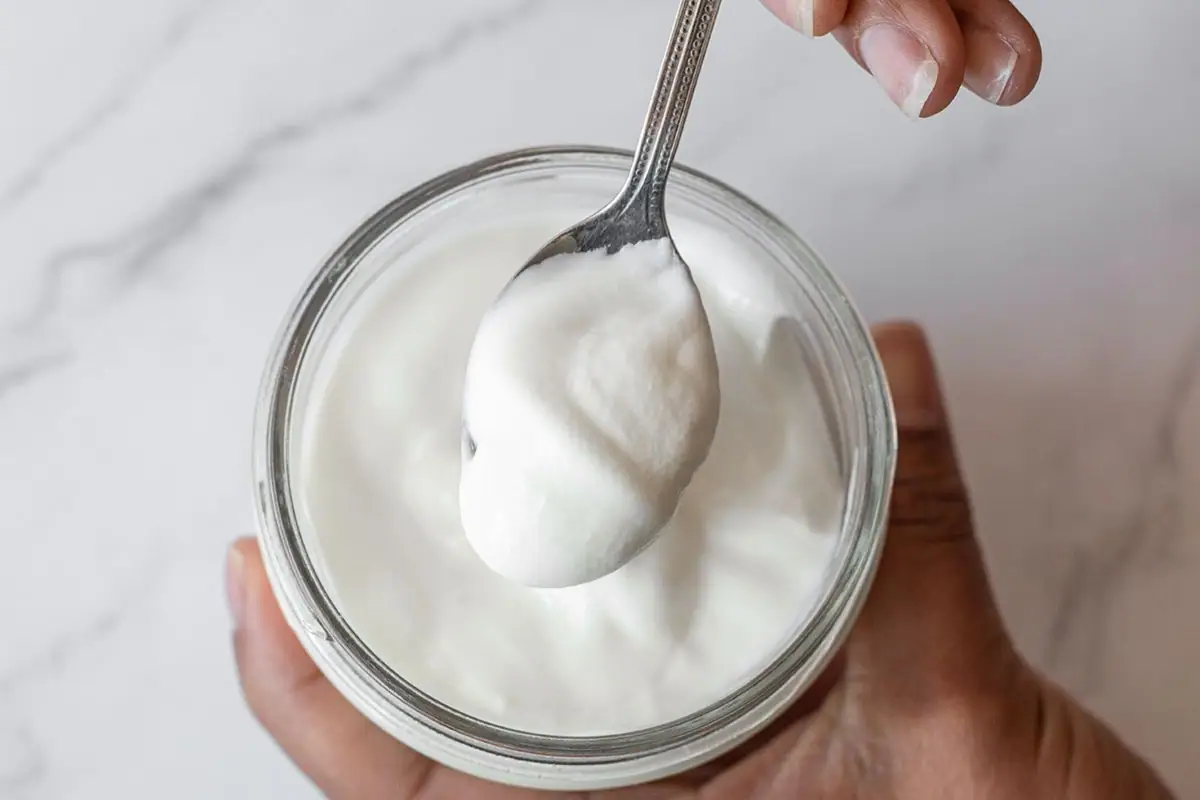
Advertisement
Almonds
Almonds are rich in lean protein, which helps repair brain cells, thus improving cognitive functions including memory. They are also a great source of vitamin E, which is known to preserve memory longer by reducing the decline in cognitive health caused by aging. Almonds also contain healthy fats and antioxidants, which support brain health and can prevent neurodegenerative diseases.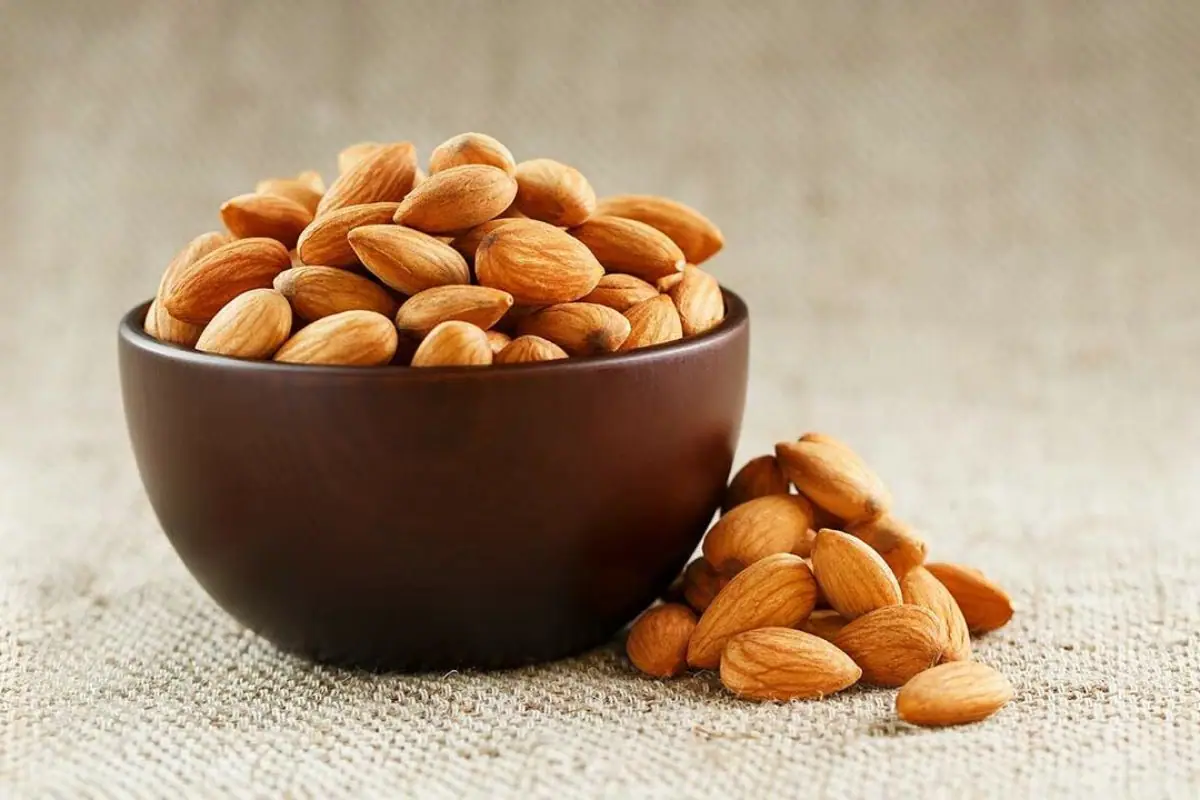
Advertisement
Red Wine
In moderation, red wine can be beneficial for brain health. It contains resveratrol, a compound that has been shown to boost brain health and protect against Alzheimer's disease. Resveratrol increases blood flow in the brain and reduces the risk of inflammation and blood clotting. However, it's important to consume red wine in moderation, as excessive alcohol consumption can have adverse effects on brain health.

Advertisement
Quinoa
Quinoa is full of protein, fiber, and antioxidants. These nutrients can help protect the brain from damage caused by free radicals. The high fiber content also helps in keeping the blood sugar levels stable, which is essential for maintaining steady brain function. Quinoa is also a good source of iron and B vitamins, which are vital for healthy brain function.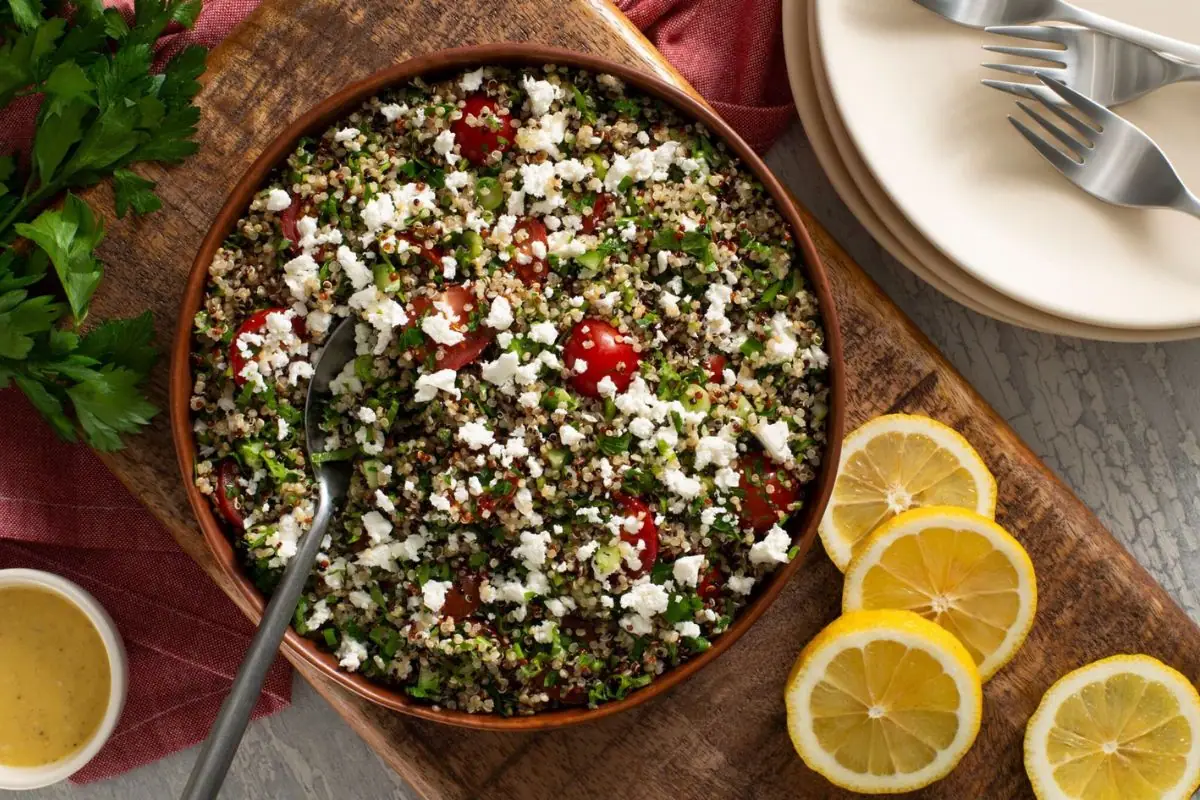
Advertisement
Garlic
Garlic contains antioxidants that support brain health by protecting against oxidative stress, which can damage brain cells. Garlic also has anti-inflammatory properties and can help reduce the risk of cognitive diseases such as Alzheimer's and dementia. Its antioxidant properties are particularly beneficial in preventing brain aging and maintaining cognitive function.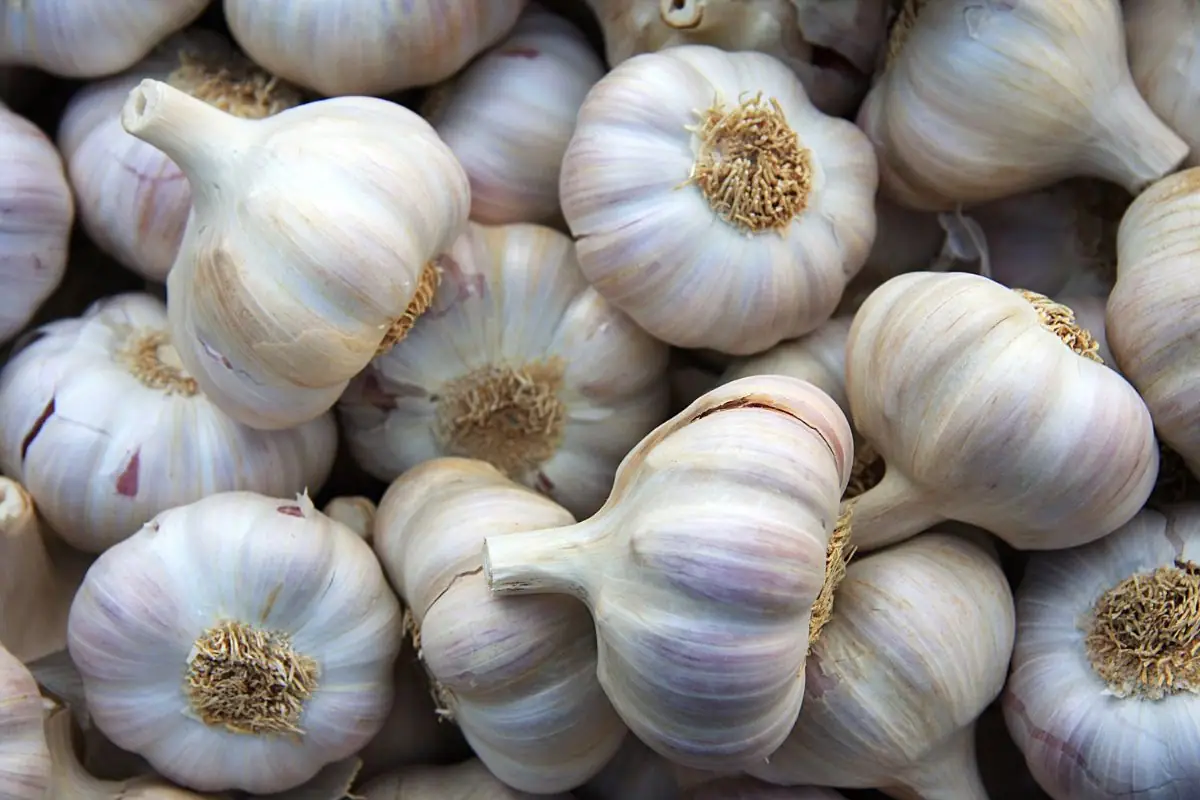
Advertisement
Kiwifruit
Kiwifruit is high in vitamin C and antioxidants, which are essential for brain health. Vitamin C is a powerful antioxidant that helps fight off the free radicals that can damage brain cells. Regular consumption of kiwifruit can contribute to overall brain health and cognitive function, including improved memory and reduced mental decline.
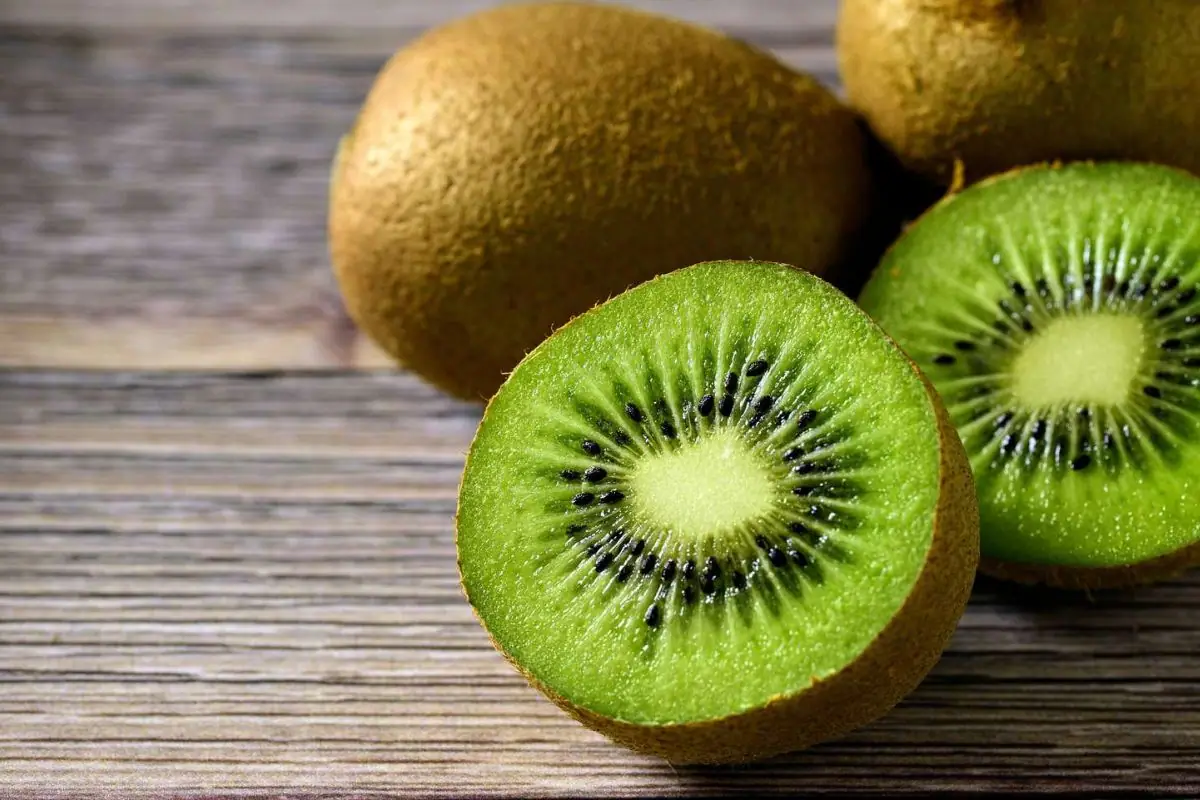
Advertisement
Blackcurrants
Blackcurrants are rich in vitamin C and antioxidants. They have been shown to help reduce anxiety and stress, improve mood, and increase attention, memory, and mental performance. The antioxidants in blackcurrants help fight against oxidative stress, which can lead to neurodegenerative diseases. Including blackcurrants in your diet can be beneficial for maintaining cognitive function and overall brain health.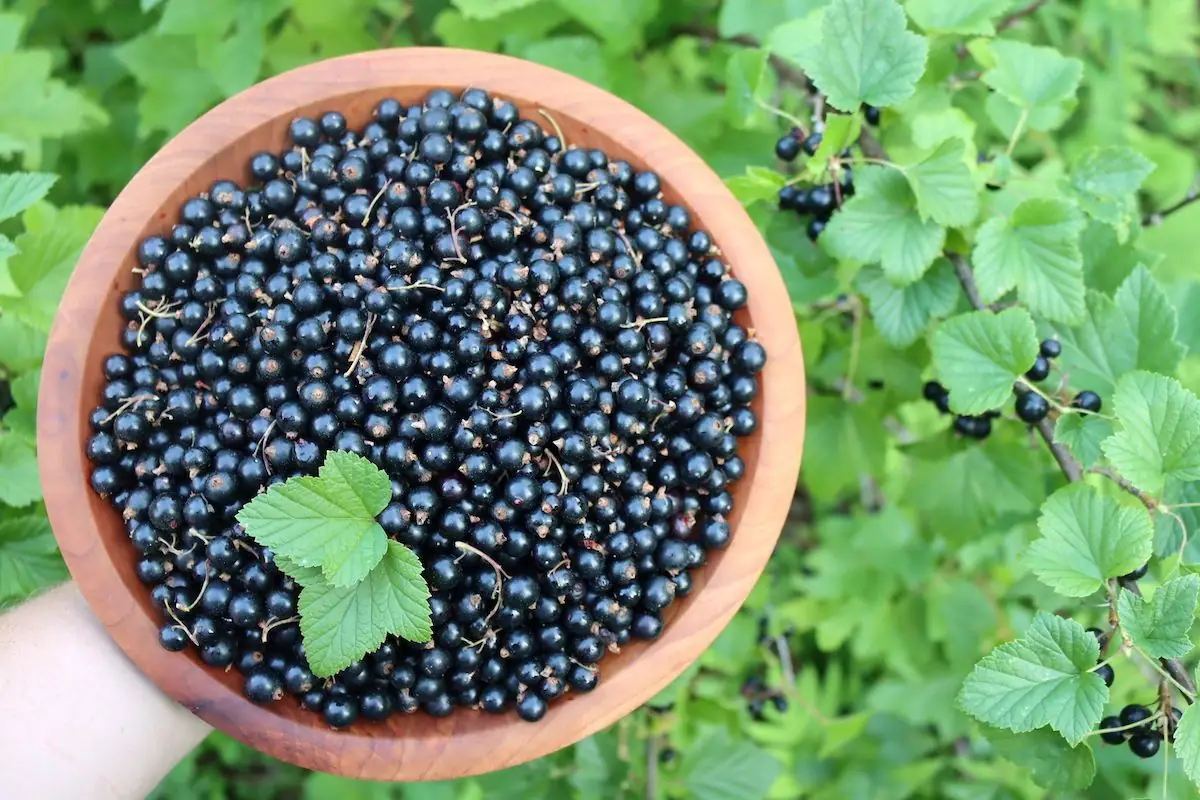
.png)




